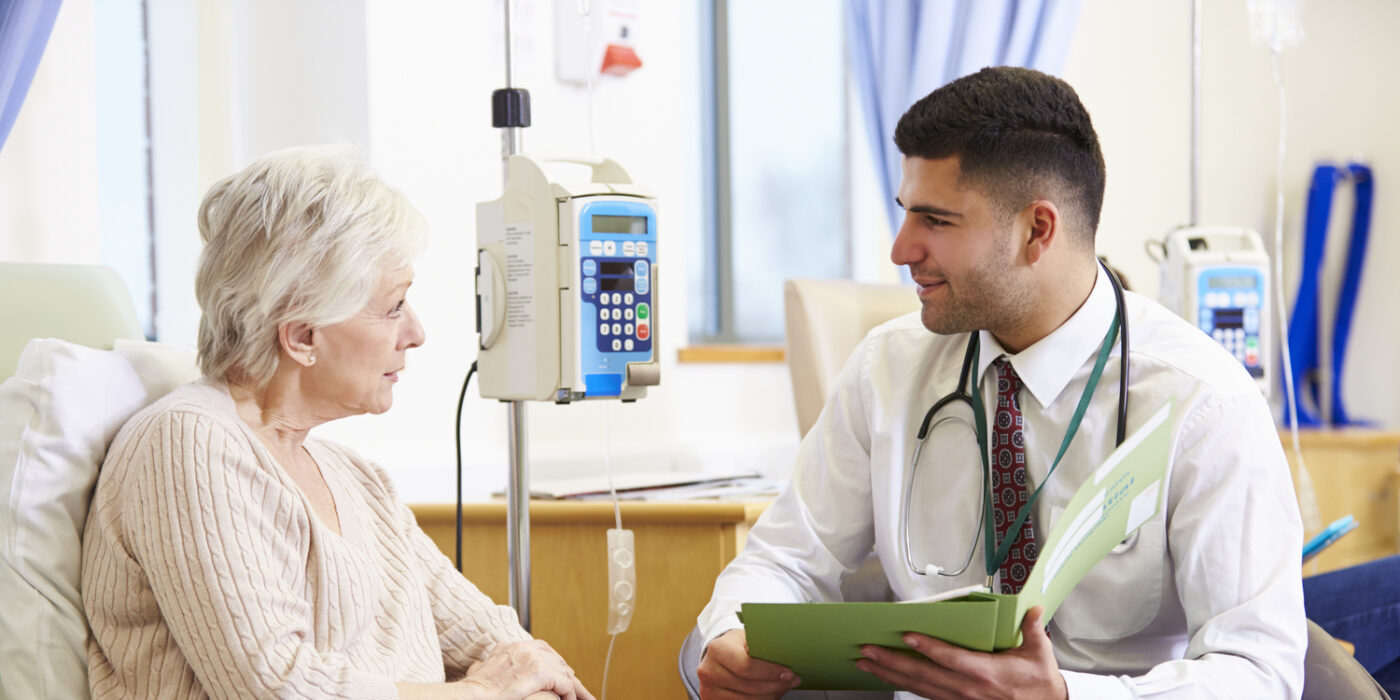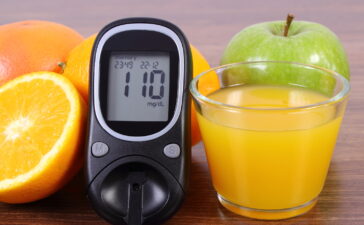Who Gets It: Almost anyone can get cancer, though the risk increases with age. Your risk factor now depends on factors like smoking, lifestyle choices like what you eat, and how much you exercise, family history of cancer, and your workplace and environment.
How It Starts: Your body is made up of different types of cells, which u normal conditions grow, divide, become old, and die. Then they’re replaced by new cells. But sometimes, some cells mutate and grow out of control, and form tumors, instead of dying.
Some tumors can be benign while others are malignant. Malignant tumors can attack and kill your body’s tissues, spreading to other parts of the body.
Is It Genetic?: Cancer is a genetic disease because it is caused by mutations or changes to the genes that control the way our cells function, making them behave abnormally. These mutations are sometimes inherited, but it’s more likely that these changes occur during a person’s life due to factors other than genetics.
Can It Be Cured?: Cancer can be cured. When a treatment appears to be working, your doctor might say it is in remission. The longer cancer stays in complete remission, the less likely it is to come back, and at some point, your doctor might even say that cancer has been cured completely.
The Stages of Cancer and What They Mean: Cancer usually has four stages: I through IV. Some cancers can even have stage 0. Here’s what they mean:
Stage 0: The cancer is still found in the place it started and hasn’t spread. Stage I: A small tumor or cancer that hasn’t grown very deeply into nearby tissues. Stages II and III: Larger tumors that have grown more deeply into nearby tissues and may have spread to lymph nodes. Stage IV: It has now spread to other organs or parts of the body. Does It Have Symptoms?
Cancer Has Some Symptoms Sometimes, but Not Always:
Some general signs and symptoms can include:
- Weight loss
- Fever
- Fatigue
- Pain
- Skin changes
- Bowel habit changes
- Sores
- Unusual bleeding or discharge
- Indigestion
- A nagging cough or hoarseness
When Should You Get Tested?
It’s a good idea to talk to your doctor about what type of test you need and when, as recommendations vary.





